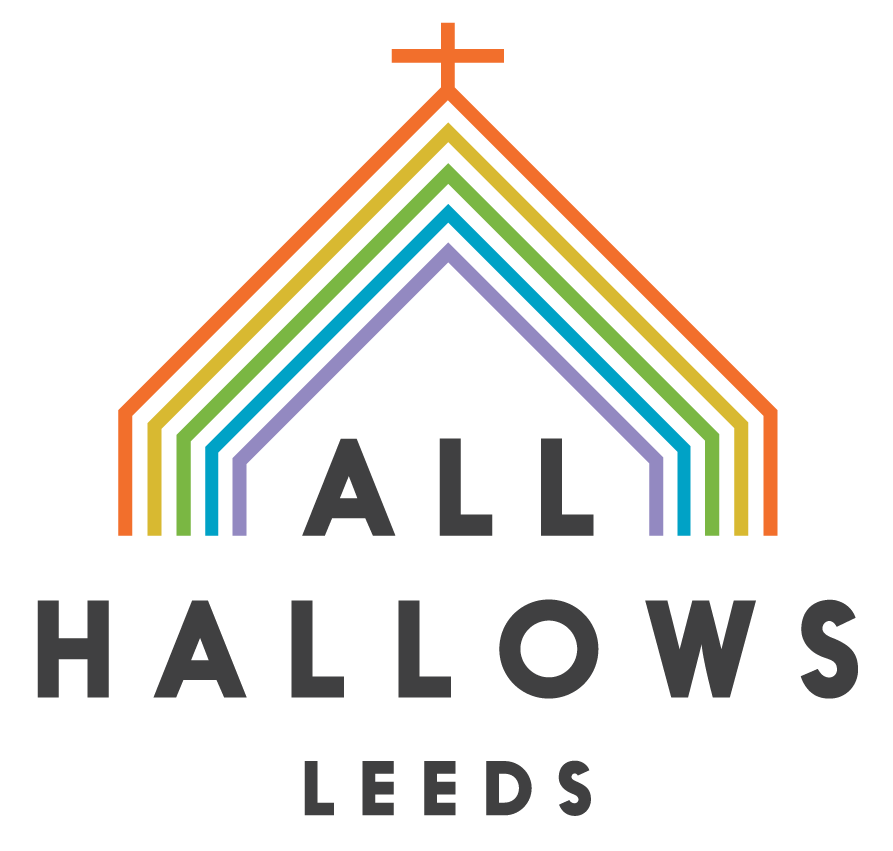The 1st August, besides being Yorkshire Day, is also Lammas Day.
Lammas is from the Anglo-Saxon word blaef-mass, or loaf mass. It marks the first harvest when the first grain is gathered, ground, and baked into bread known as the Lammas Loaf which in early Christianity would have been blessed by the church during mass.
In early Ireland, and probably elsewhere, it was not good to harvest grain before Lammas. If you had to then that probably meant that the harvest from the previous year had run out before the next harvest was ready - a similar crisis to that represented on Earth Overshoot Day.
In an age when crops can be imported all year round, we tend to forget just how important this time was to our ancestors - the failure of the harvest meant starvation and death. Early August was a time to celebrate the fruits of the first harvest, feasting and life.
This year, though, we are reminded of the importance of harvest and grain. The war in Ukraine has stretched food supplies to many parts of the world. The changing climate is also reducing crops with famines occurring in South Sudan, Somalia, Nigeria, Yemen and elsewhere. The "Global Report on Food Crises” - led by the UN along with 16 partner organizations – says that more than 193 million people across 53 countries are experiencing acute hunger and require urgent food, nutrition and livelihoods assistance. The World Food Program has similar findings.
Our food supplies seem so secure but they are not. Our current food systems are not very resilient and we need to find ways of producing enough food for the whole world in a changing climate.
So, as you eat your bread on Lammas Day, think about where all your food comes from, the people involved in producing it. Rejoice in your abundance but remember those whose harvest is poor and think about ways in which you can value your food and share it at the global table of our Lord.
“Make Us to Be Your Bread
We pray for those people who are in poverty;
help us to learn how to share what we have,
until they sense your abundant supply.
We appeal for those people who are in hunger;
Make us to be your bread, broken for others,
to share and be shared until all are fed”

